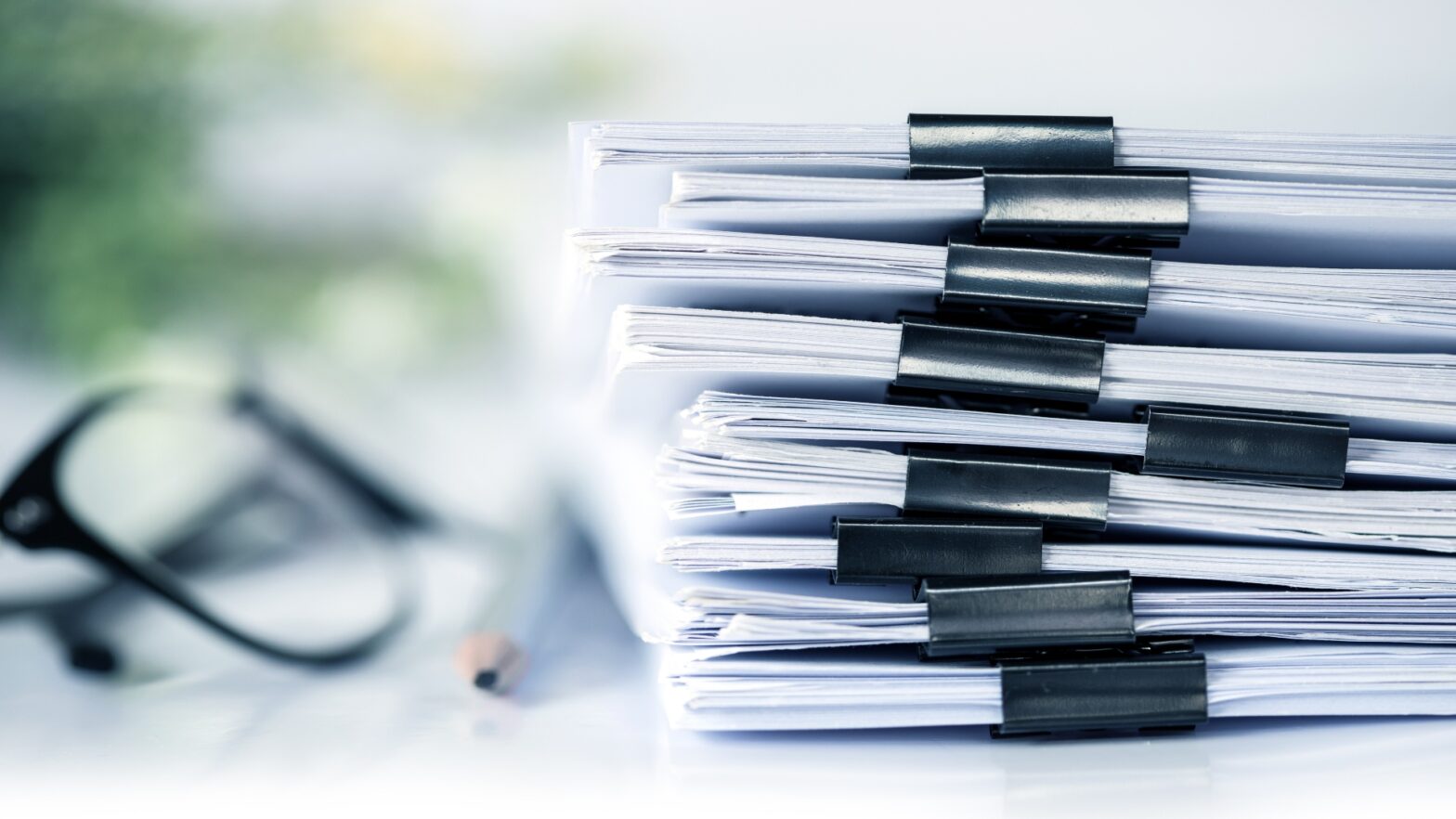
If you’ve wanted to take charge of your financial situation, you’re not alone. While fiscal responsibility is usually a term associated with the government, you can apply the concept to personal financing.
Managing and being accountable for your finances can begin today. Follow these 10 steps to becoming a fiscally responsible person.
1. Determine Your Goals
Becoming fiscally responsible requires you to set goals and make an action plan for yourself. Being accountable for your finances requires determination — no one else can do it for you.
Write out a statement of what you want to achieve with your money, whether it be paying off small debts or saving money for an item like a car. Setting yourself up for success from the beginning will help you see things through to the end.
2. Know Your Money Status
After determining your goals, you have to create a budget, including where money is coming in and going out. If you don’t already have a budget, keep track of your spending for a few months.
Use your budget to get a complete picture of your financial habits. If you spend more than you take in, you should reassess your goals to start saving money.
3. Pay Debts
Debts tend to linger. If you want to become fiscally responsible, you’ll need to pay off any outstanding debts with high interest rates, which could include student loans or credit card debt.
Start by putting as much as you can afford toward your debts each week. As your debt shrinks, you’ll owe less each time.
4. Save for an Emergency Fund
Use an emergency fund to cover any emergency costs, like medical expenses or substantial bills. To put it simply, it’s buffer money.
The emergency fund should equal the amount of money you get from three months of paychecks. If you feel you are more likely to be in a situation where you need an emergency fund, contribute more when you can.
5. Invest, Invest, Invest
Investing for the future will help you achieve your financial goals because it enables you to attain some wealth and allows for more of a buffer in emergencies. Begin by investing for yourself in things like a retirement fund or a 401(k).
Once you’ve started building your nest egg, you can invest in other things like stocks or real estate.
6. Protect Yourself and Your Family
Insurance is there to cover you and your family in the case of an emergency. Types of insurance include auto, medical, home and life insurances.
Some employers will provide their employees with an insurance plan. If not, research insurance companies and choose one that will suit your needs.
7. Build Your Credit
When you have a higher credit score, you have lower interest rates, and you have a better chance of applying for a loan or renting an apartment. It’s essential that you are responsible with your credit cards, though. Pay off your credit card bill as soon as you can, just like you do with all your others.
8. Spend With Caution
Even if you have paid off your debts and begun to save for your future, you should continue to be cautious with your money. Avoid temptations — if you like to buy shoes, maybe stay away from shoe stores or websites.
It’s essential to be wise with your spending habits. A few frivolous purchases can add up quickly.
9. Don’t Wait to Pay Bills
As soon as a bill comes due, pay it as quickly as possible to keep your payments from accruing. Once you allow bills to pile up, the expenses may soon become more than you can handle at one given time.
Spread out your payments and mark all due dates on your calendar. Keeping a monthly bill schedule will make you more fiscally responsible.
10. Maintain These Habits
If you have achieved your financial goals, that’s great! However, you must continue these steps to be financially responsible. You can’t stop paying bills on time or cancel all your insurance coverage.
Continue to save and manage your budget as time passes. Be wise with your spending, and keep increasing your credit score.
Your Financial Future Begins at Step One
Achieving a life goal like becoming a fiscally responsible person begins with small, practical steps. Once you have defined realistic objectives, you will be well on your way to controlling your financially accountable future.















